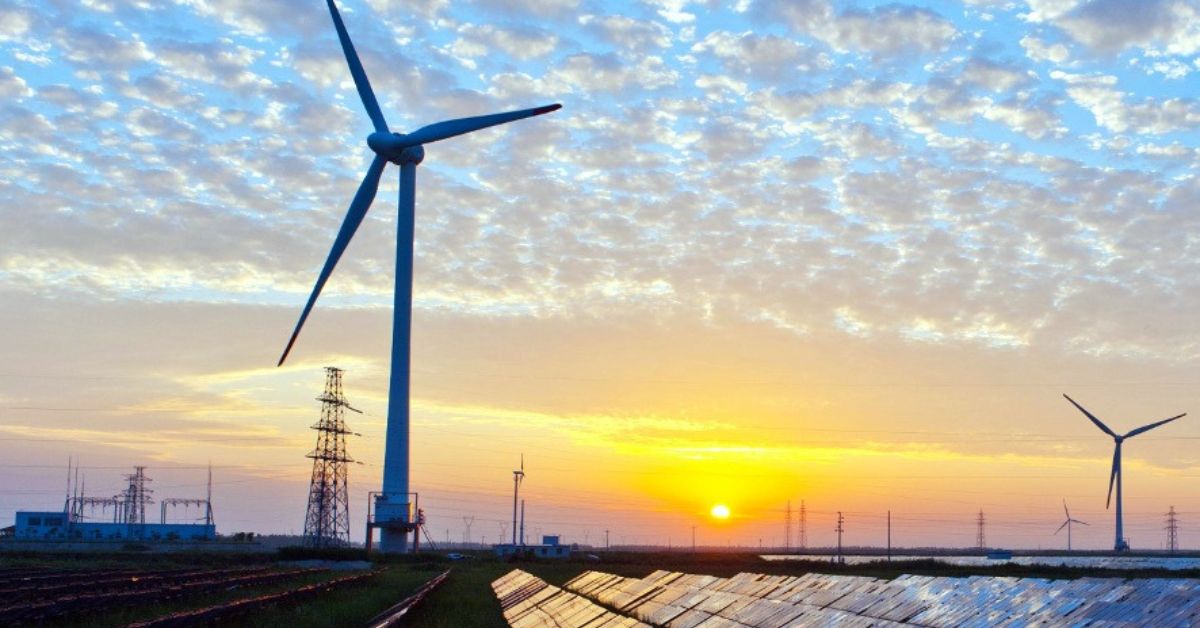
This article is created by The Better India and sponsored by WingifyEarth
These five game-changing startups are leading the change in India’s shift towards renewable energy sources, leveraging technology and innovative ideas to shape the country’s green economy.
As a country, India has been rapidly developing its renewable energy sector in recent years. And startups are playing a critical role in accelerating the adoption of renewable energy sources — including wind, solar, and geothermal power.
Here are five of them bringing new technologies, innovative business models, and disruptive ideas to the renewable energy industry.
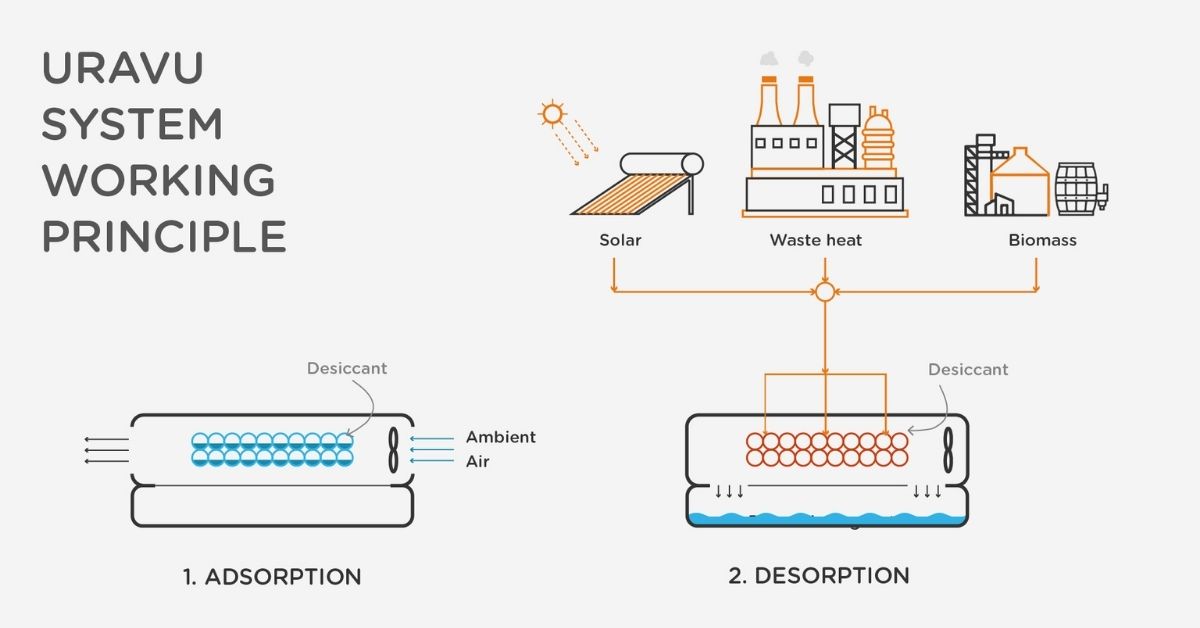
Uravu Working Principle; Image Courtesy: Swapnil Shrivastav
Uravu Labs
Started by engineers Swapnil Shrivastav, Venkatesh RY, Pardeep Garg, and Govinda Balaji, Bengaluru’s Uravu Labs generates “water from air” using 100% renewable energy sources like solar, waste heat from industries and biomass.
Occupying an area of two square metres, the Uravu AWG (atmospheric water generator) is a thermal and desiccant-based system that makes use of absorption and desorption processes to convert ambient air into drinking water, which is priced at Rs 5 per litre.
They claim that “not a drop of water is wasted in the process, unlike technologies like reverse osmosis, which waste more water than they purify.”
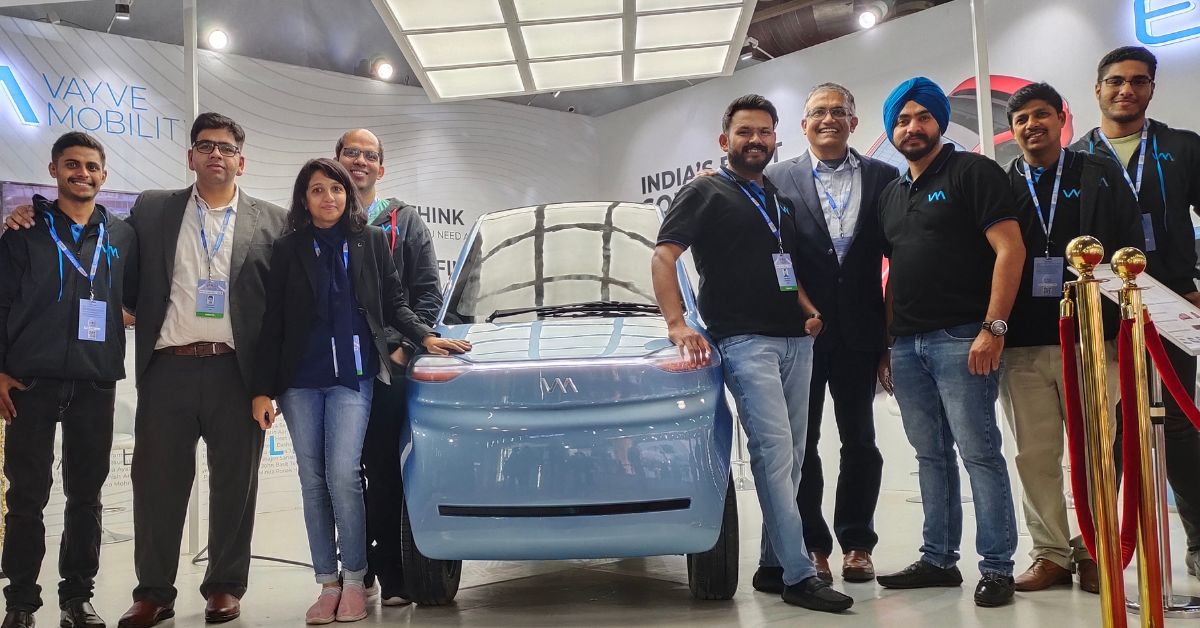
The electric car, Eva, is fully automatic with a battery charging option; Picture courtesy: Vayve Mobility
Vayve Mobility
India’s first solar-powered electric car, Eva, is the brainchild of the four co-founders of Pune-based Vayve Mobility — Nilesh Bajaj, Ankita Jain, Saurabh Mehta, and Vilas Deshpande.
The single-door fully automatic car is designed keeping in mind the convenience required to drive in crowded cities. With a seating capacity of 2+1 (two adults, one child), Eva is battery driven with an optional solar roof panel, which charges the battery when the car is parked in the open or when it’s being driven.
“The car can run up to 10-12 km each day solely on solar energy, which will take care of one-third of your fuel expenses,” explains Vilas, adding that “20 km per unit of electricity is one of the highest efficiencies globally”.
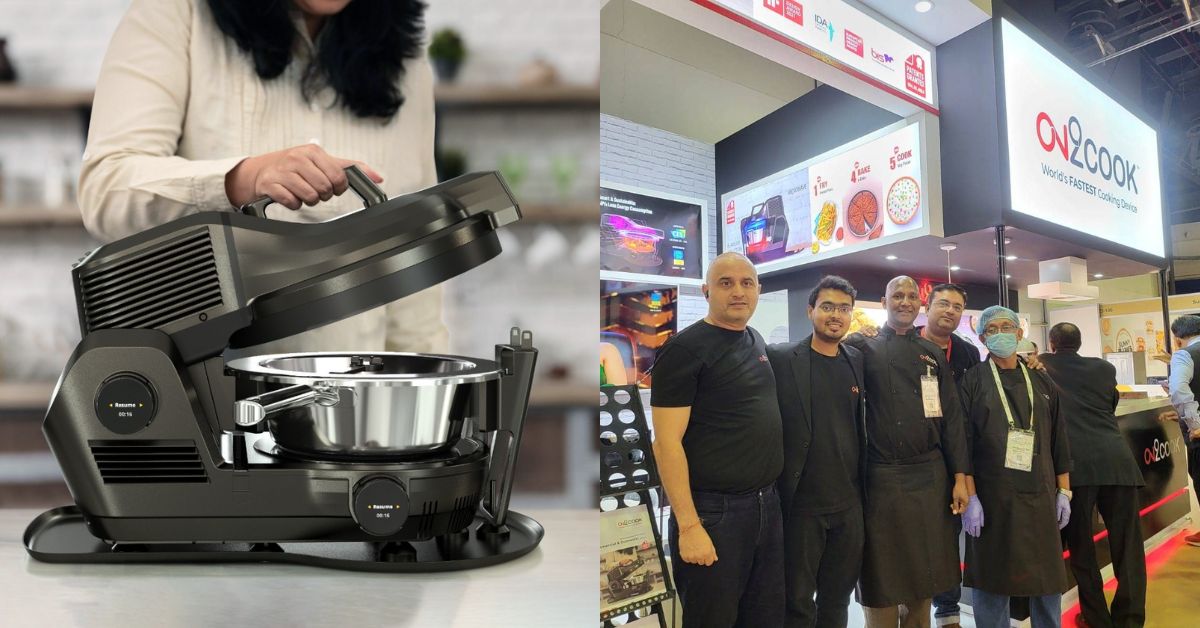
Sanandan with the On2Cook team at GulfHost 2022; Picture courtesy: On2Cook
On2Cook
Sanandan Sudhir, the founder of On2Cook India Pvt Ltd, built a cooking device that combines the benefits of cooking on a microwave and a stove. He says, “The product can save 70 percent time and 50 percent energy. The cooked food retains water-soluble nutrients while preserving colour, texture and consistency.”
The device has an induction/flame in the bottom and a microwave feature in the lid. So while the food at the bottom gets well-cooked, other ingredients like vegetables and meat can be placed on top to get a crunchy caramelised texture without the fear of them getting overcooked.
His invention, “which stands to create a new product category in the kitchen space”, recently secured seed funding of Rs 17 crore at a Rs 100 crore valuation.
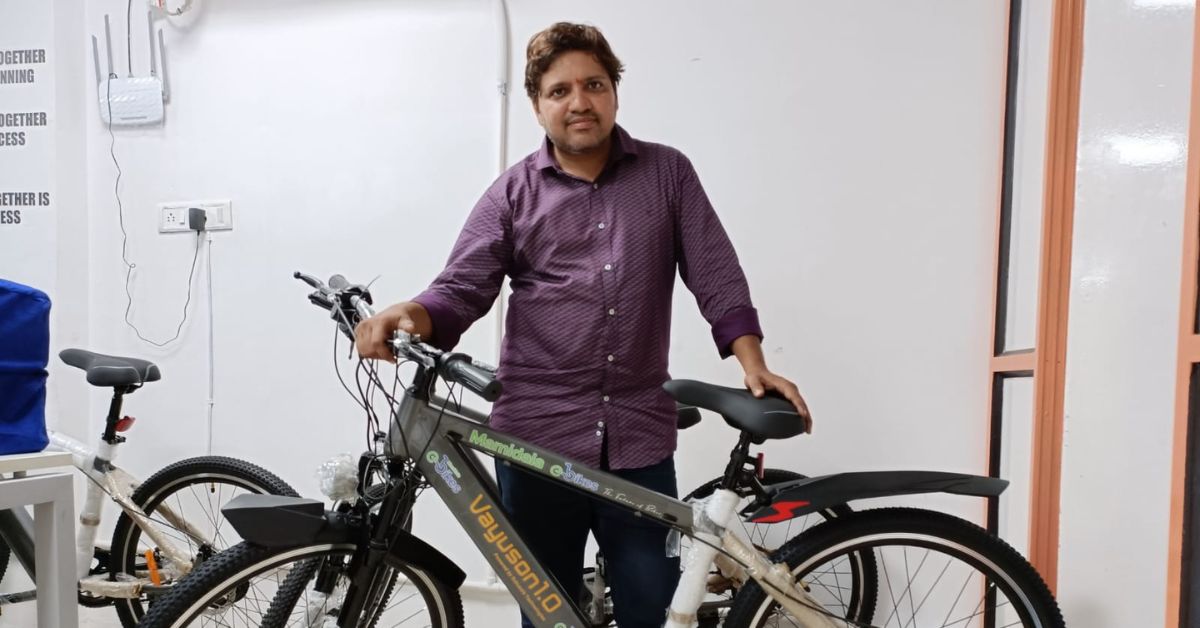
Prashanth’s innovation converts regular bicycles into electric ones; Picture courtesy: Prashanth Mamidala
Mamidala e-Bikes
Hyderabad’s Prashanth Mamidala launched ‘Mamidala e-Bikes’ inspired by his son Abyudh’s school project. The startup makes affordable kits to turn normal cycles into electric cycles.
Prashant says, “The kit comprises a 250W motor, an electric brake system, a headlight, an electric lock, a charging port, an accelerator, a controller, a chain shaft and a freewheel.” This kit when attached to an ordinary bicycle can turn it into an electric vehicle.
After several iterations, the startup now also sells e-bikes which include a 350W motor, a 36 V and a 7.5 A battery which gives a 25 km range. “We learned that young boys spent Rs 400 a day on fuel, whereas with our bicycles, the cost per day is Rs 10. The difference is massive,” he says.
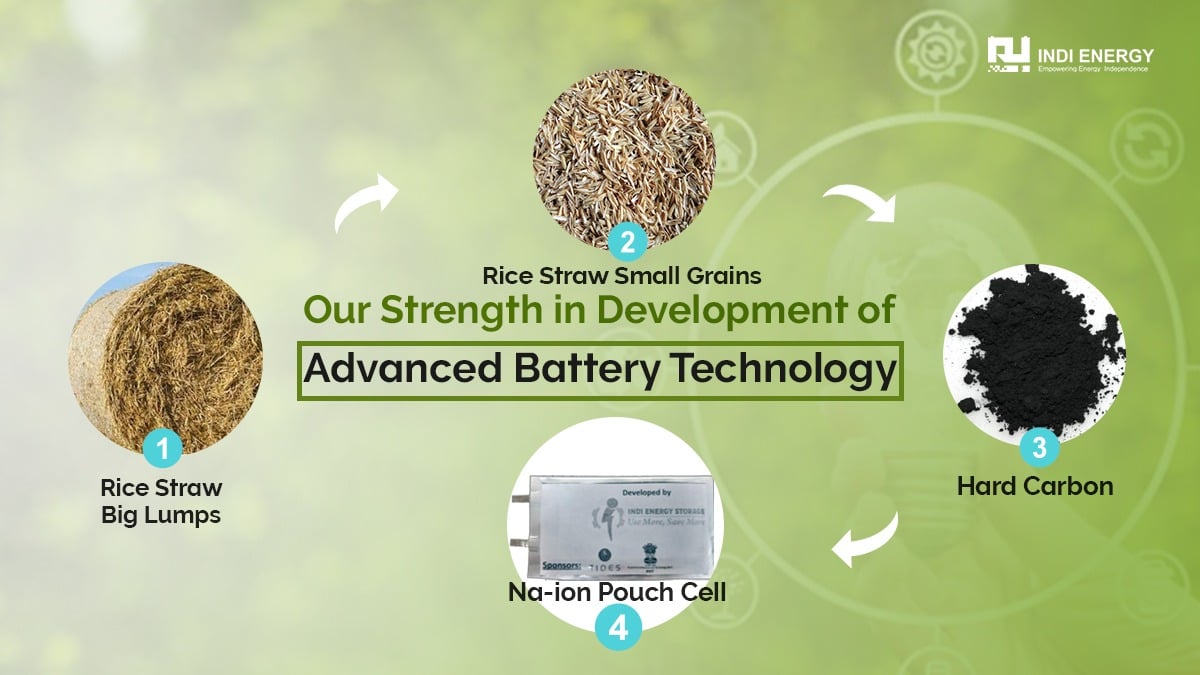
Model of how the Indi Energy process works; Image courtesy: IIT-Roorkee, Indi Energy
Indi Energy
Founded by Prof Yogesh Kumar Sharma and Akash Soni, IIT-Roorkee-incubated Indi Energy makes sodium-ion batteries a viable alternative to lithium-ion batteries.
The startup is indigenously developing low-cost, safe, high-performance sodium-ion batteries from agricultural waste — like paddy straw, sugarcane bagasse, coconut shells, or cattle manure and earth-abundant materials like sodium. Hence, reducing India’s dependence on scarce elements like lithium, cobalt, or nickel.
“Our product checks on the sustainable box as its HC (the anode component of our sodium-ion battery) is indigenously developed from biomass. Once our sodium-ion battery technology is commercialised, we can effectively solve the problem of stubble burning that is already endangering millions of lives every year in October and November without any respite. It will also incentivise farmers to sell their agricultural waste instead of burning it,” says Prof Sharma.

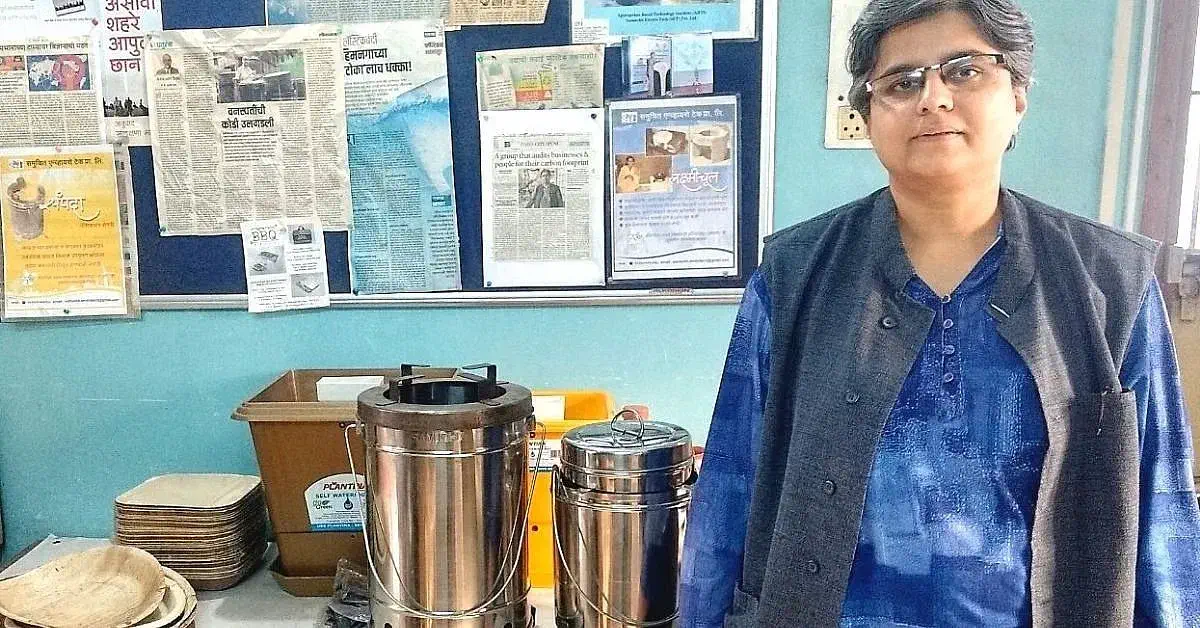
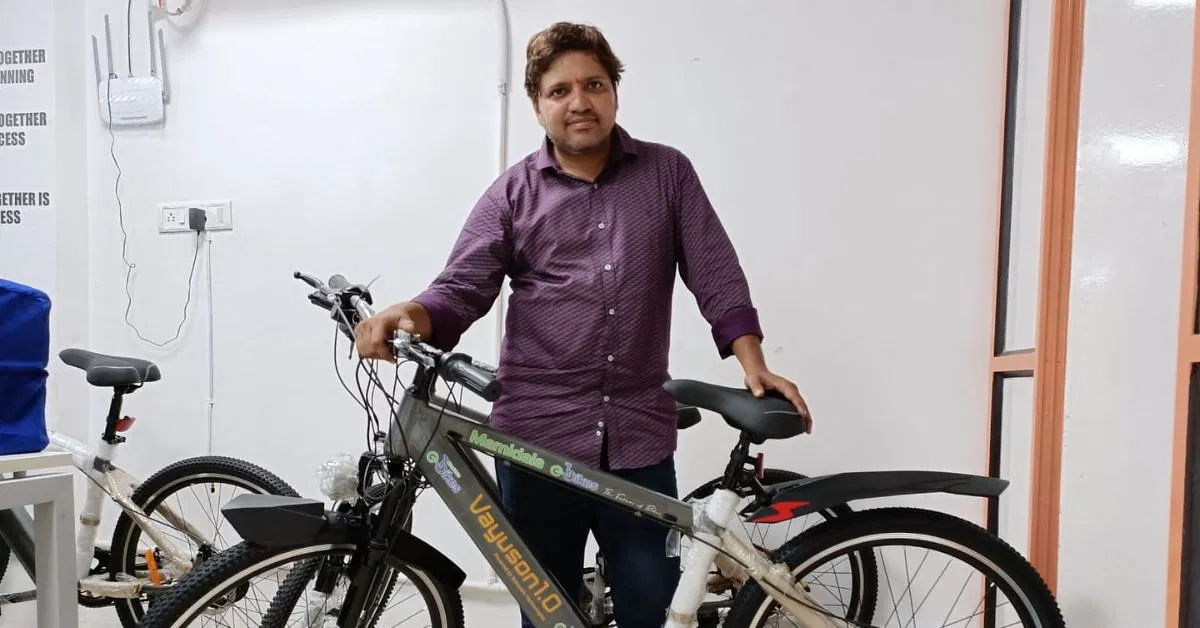
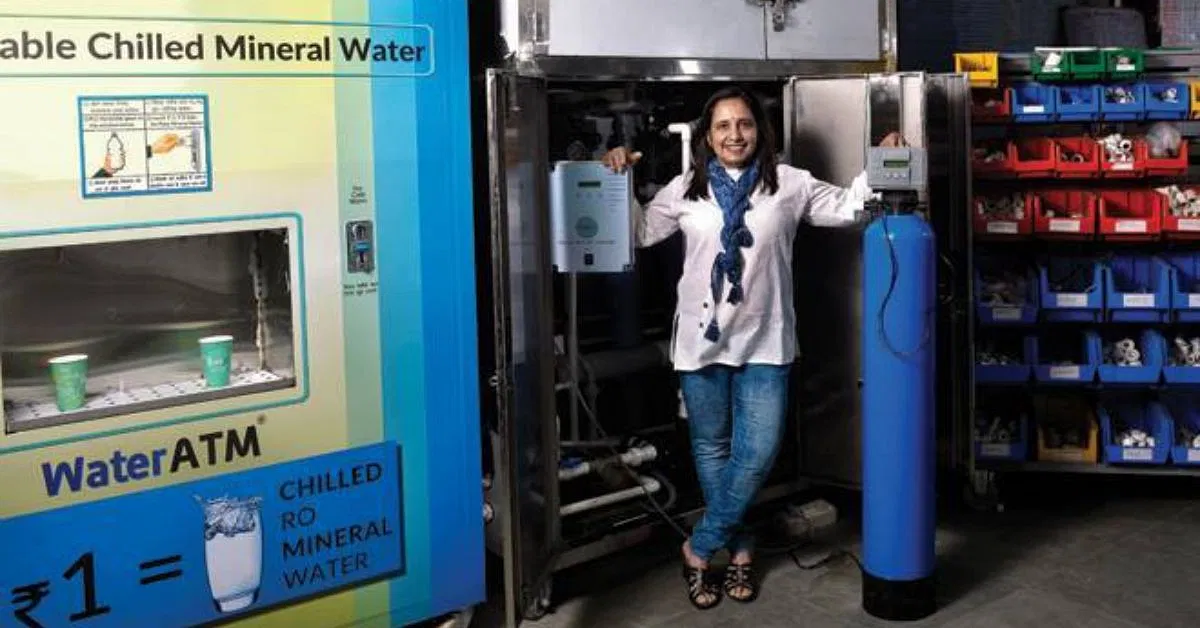
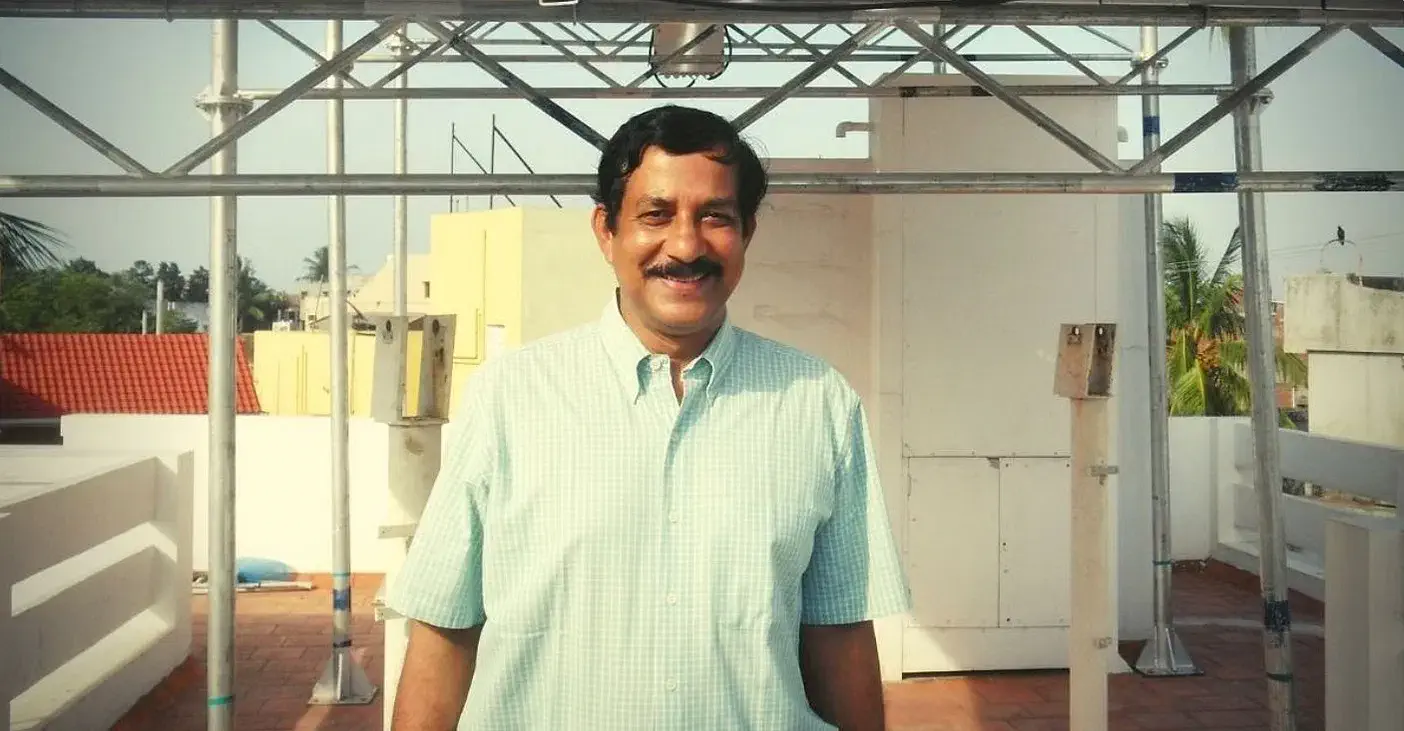
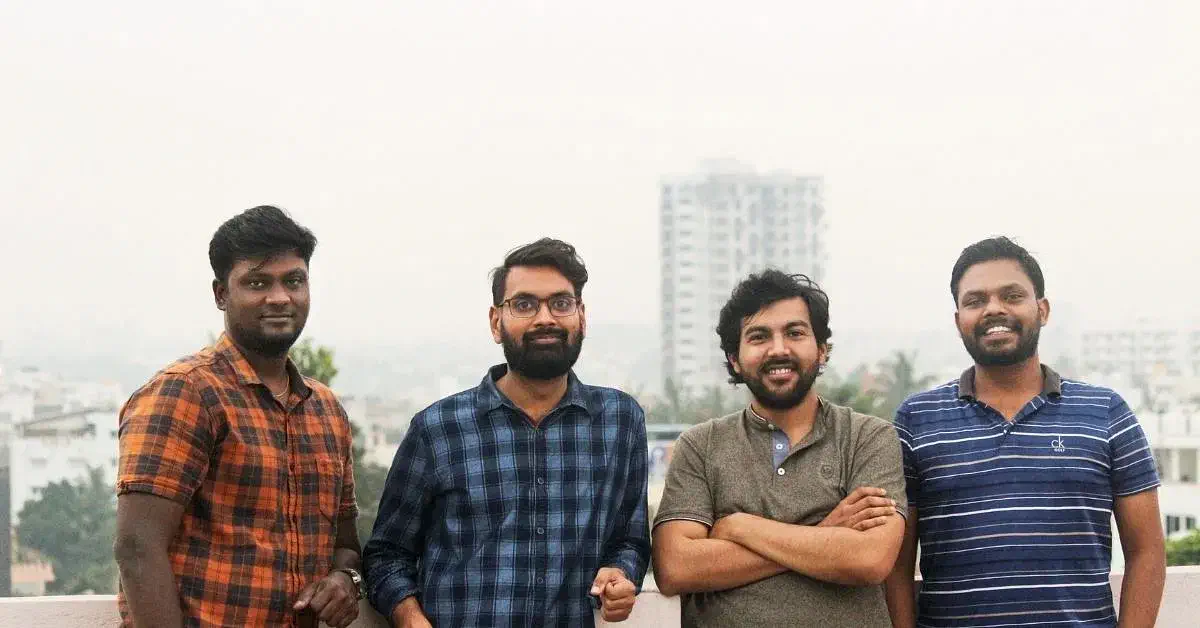
Leave A Comment
Your email address will not be published. Required fields are marked.